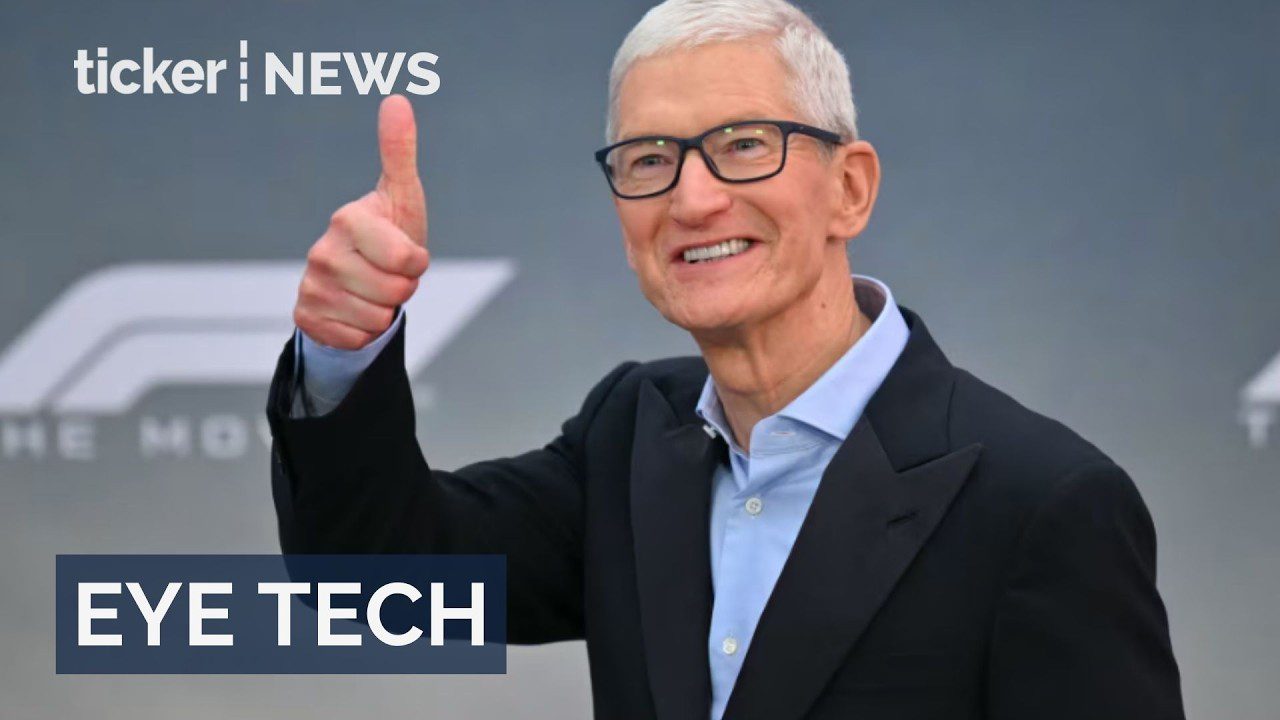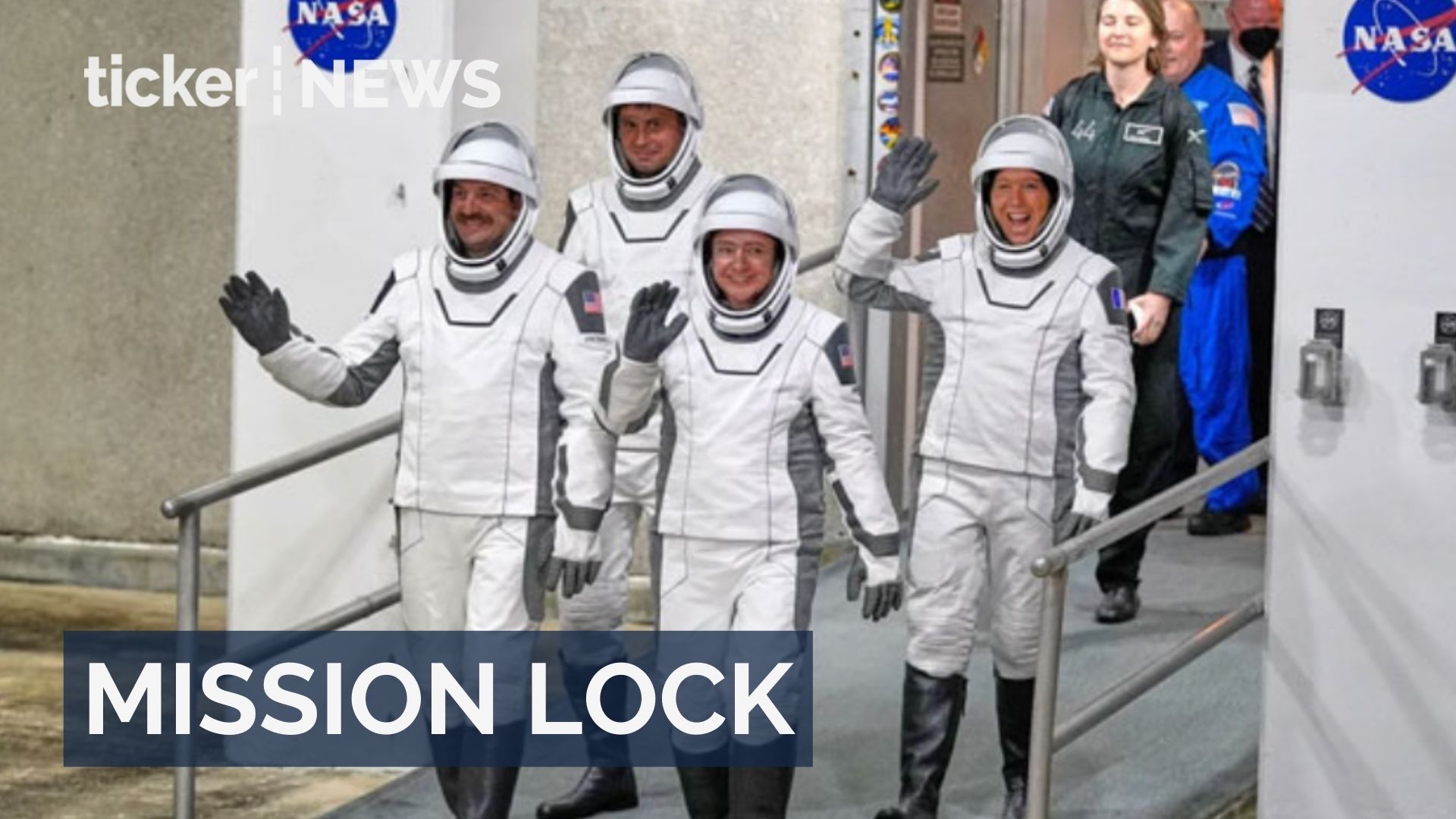Tech
Musk’s $1B Tesla stock buy amid trillion pay proposal
Musk invests $1 billion in Tesla stock as board proposes trillion-dollar pay package amid mixed market reactions
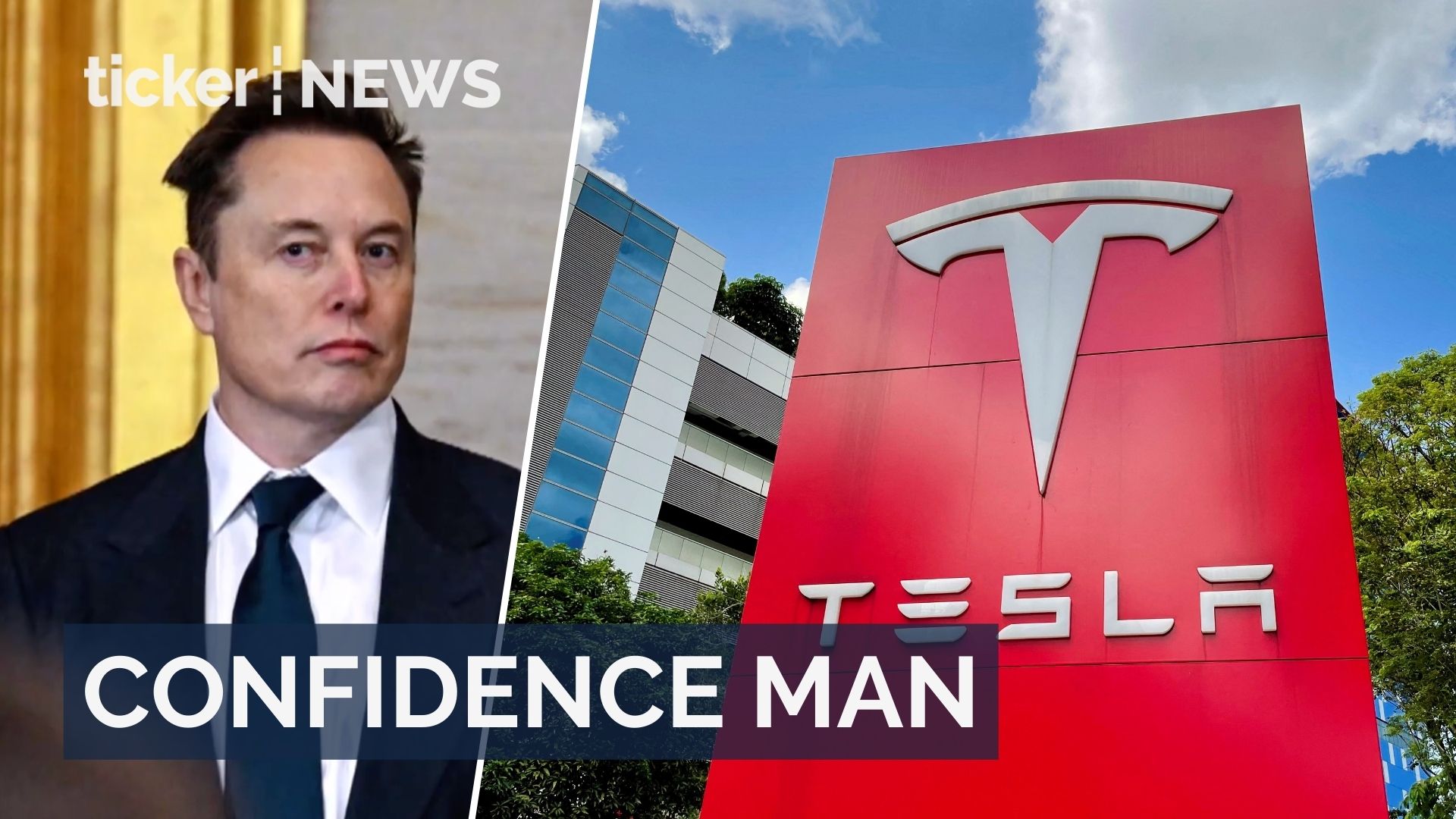
Tech
Apple unveils AI-powered wearables set to revolutionise tech by 2027
Apple unveils innovative AI-powered wearables, including smart glasses, a pendant, and camera-equipped AirPods, set to reshape ambient computing.
Tech
Apple adds video podcasts with watch and listen features
Apple launches new video podcast experience with adaptive playback, dynamic ads, and free for creators.
Tech
Crew-12 astronauts arrive at the International Space Station
Four astronauts aboard SpaceX’s Dragon Freedom join the ISS for eight months of research and experiments in orbit.
-



 Shows3 days ago
Shows3 days agoReal estate insights: Technology changes and trust remain
-

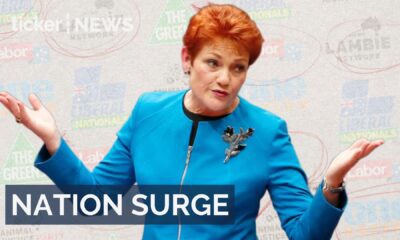

 News2 days ago
News2 days agoOne Nation matches coalition as Liberal backing slides
-

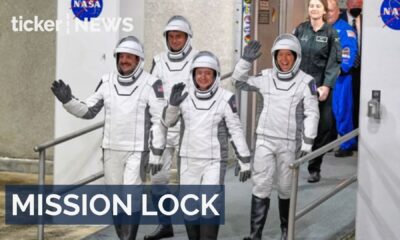

 Tech2 days ago
Tech2 days agoCrew-12 astronauts arrive at the International Space Station
-



 News5 days ago
News5 days agoSheriff Nanos dismisses evidence claims in Nancy Guthrie case update
-

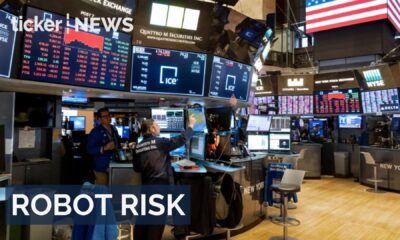

 Money2 days ago
Money2 days agoAI fears rattle global markets and investors
-



 Shows2 days ago
Shows2 days agoMedicinal Cannabis reform: Patient demand vs regulatory hurdles in Australia
-



 Ticker Views2 days ago
Ticker Views2 days agoGlobal rallies show support for Iran as sanctions and tensions rise
-



 Ticker Views2 days ago
Ticker Views2 days agoTrump scraps key climate law, U.S. emissions regulation at risk






